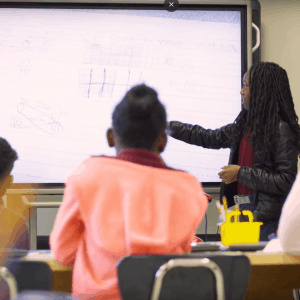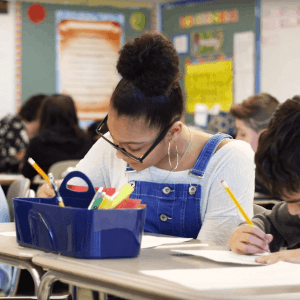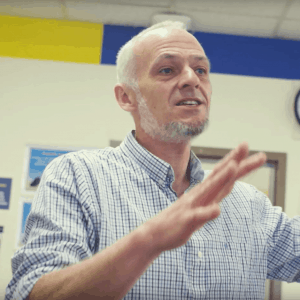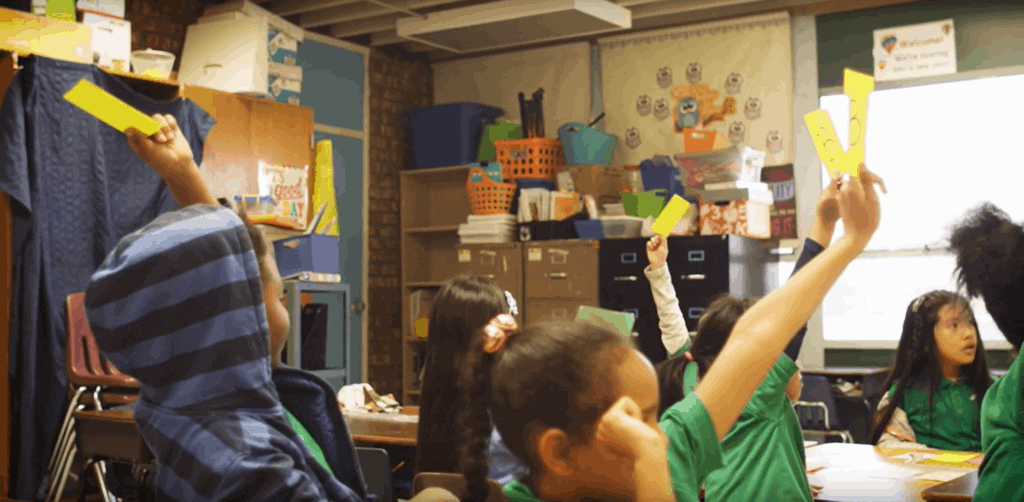
How to help students retrieve what they have learned
12/05/2019
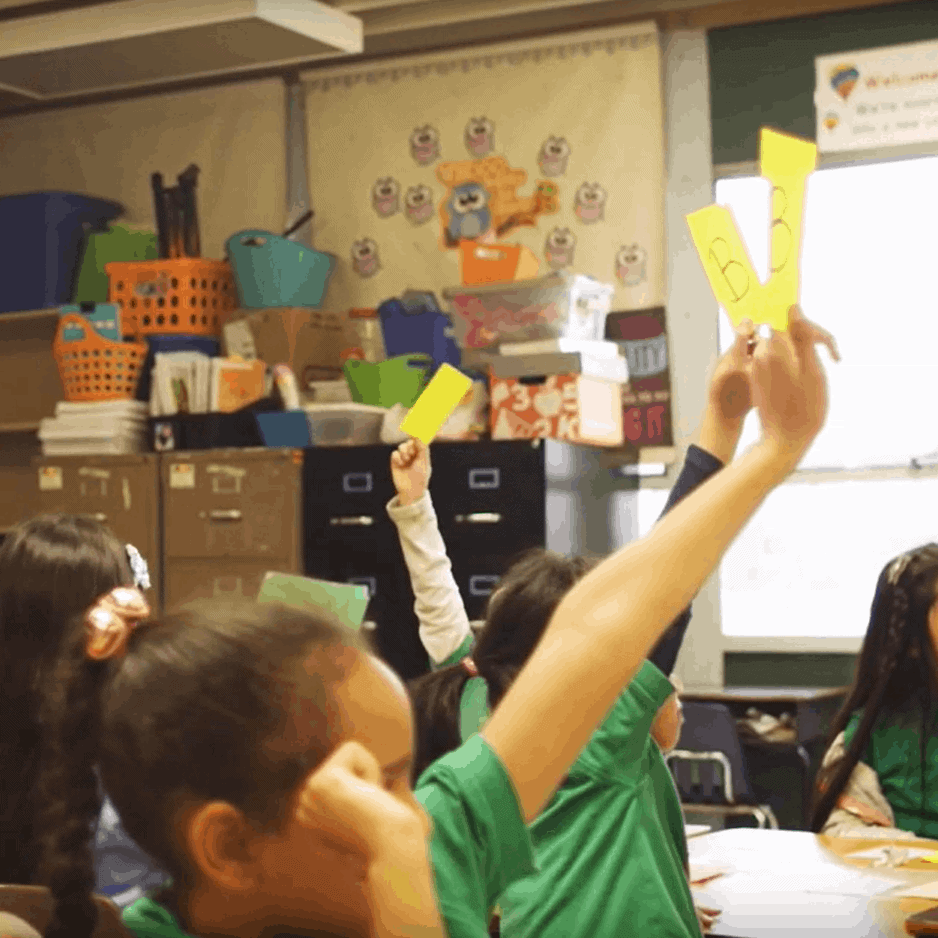
This is the first installment in a series of pieces from Leading Educators and the Learning Agency about opportunities to use strategies from the science of learning in diverse contexts to boost students’ learning. There are often barriers to bringing research back to the classroom where it can benefit students most, so this series shares learnings from collaborating with real educators to make the science of learning work for them and the students they serve.
RETRIEVAL PRACTICE IS “RETRIEVING” WHAT STUDENTS HAVE LEARNED TO MAKE IT STICK
When you know there is so much for students to learn, your gut instinct as an educator can be to find more ways to cram more information into students’ heads. Research shows the opposite might be a better way to build students’ knowledge.
Dr. Yana Weinstein-Jones explains, “The idea of retrieval practice is bringing information to mind from memory. The act of retrieval actually improves your memory understanding of the concept.” Essentially, activities that pull information from students’ minds boosts their memory and internalization of what they learned.
Taking it to the Classroom
At Greenlawn Terrace Elementary school in New Orleans, Dr. Weinstein-Jones helped teachers Anedra Robertson and Troy Hobson think through how they might incorporate retrieval practice into their teaching. Reflecting on how the strategy might be useful, Ms. Robertson shared, “If you can get [first graders] engaged and anticipating what’s coming next, they will really perform and do well.” After an initial conversation with their research partner, both teachers thought through how testing, particularly low-stakes quizzes, might be a tool for both them as teachers and their students.
“I do think the information that I get from informal assessments in a way is even more valuable than just on that Friday test,” said Ms. Robertson.
Rethinking tests as an opportunity to help students extract and reinforce what they have already learned, the teachers tried routinely quizzing their students with informal activities such as using an exit ticket to recall information from earlier in the week and giving students a blank paper and asking them to write down or draw what they remember about an objective. Why does this work? Dr. Weinsten-Jones shares, “Taking that diagnostic test or doing a problem of the day or doing fluency tests – that’s not a check. That’s when the learning is actually happening.”
Ms. Roberston reflects, “Sometimes they get used to me giving them the answer and then they that I’m going to get up and I’m going to tell them the answer first, and it’s less work for them. But it’s also less learning is what I’m beginning to understand.”



